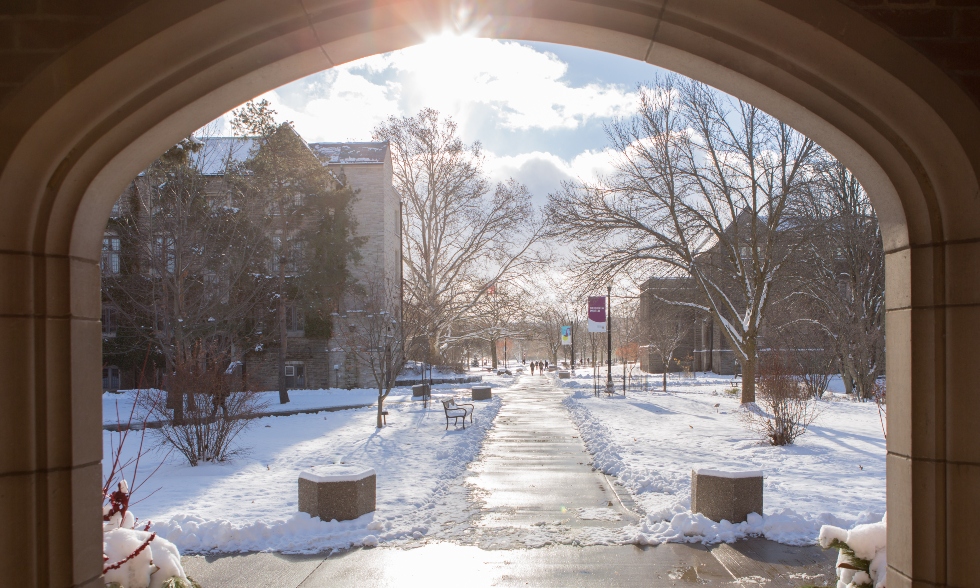New access strategy to help under-represented students find pathways to McMaster

McMaster is developing programs and supports to make it easier for academically qualified students from under-represented groups in the Hamilton and surrounding communities to access university education at the undergraduate level.
In collaboration with the Faculties, McMaster’s Student Affairs office and Office of Community Engagement are currently developing an access framework that will include outreach and admission strategies, as well as transition and retention programs to attract these students to McMaster and ensure their success through to graduation.
“There are bright, promising students in our community who, for any number of reasons, are facing barriers to postsecondary education,” says Sean Van Koughnett, Associate Vice-President (Students and Learning) & Dean of Students. “Increasing access opportunities for these students is an important priority of the university. It will enrich McMaster’s campus while making a meaningful contribution to our local communities.”

A campus-wide program manager reporting to the Office of Community Engagement, along with an Access Strategy Advisory Committee made up of stakeholders from across the university and community, will be responsible for the development and implementation of the framework.
Working in close collaboration with a wide range of community and campus partners, including the Hamilton public and Catholic school boards, a range of community-based organizations and service providers, and the City of Hamilton, as well as with representatives from Faculties, Student Affairs and other administrative units, the Program Manager and the Committee will work to enhance existing programs and develop new Faculty-specific approaches to engage and support under-represented students.
“We recognize that this work is complex and that it will require ongoing consultation and coordination,” says Jeff Wingard, co-director of the Office of Community Engagement. “That’s why it’s critical that we work collaboratively with our campus and community partners to build on successful programs and, over time, develop new initiatives that will meet the unique needs of under-represented students in our community.”
Under-represented students include those with disabilities, first-generation students, Indigenous students, racialized students – particularly youth from Afro-Canadian and Latin American communities – students from low-income families or neighbourhoods, adult learners new to postsecondary education, those from rural communities and students who would not have attended university without additional programs and supports.
With the support of Provost and Vice-President (Academic) David Farrar and Vice-Provost (Faculty) Susan Searls-Giroux, McMaster’s commitment to the development of a formal access strategy is the result of extensive consultation– facilitated by the Office of Community Engagement – with many community partners and stakeholders who identified the need to improve access to McMaster for under-represented groups as a significant community priority.
The development and implementation of programs related to the Access Strategy will begin in the coming weeks and months.


